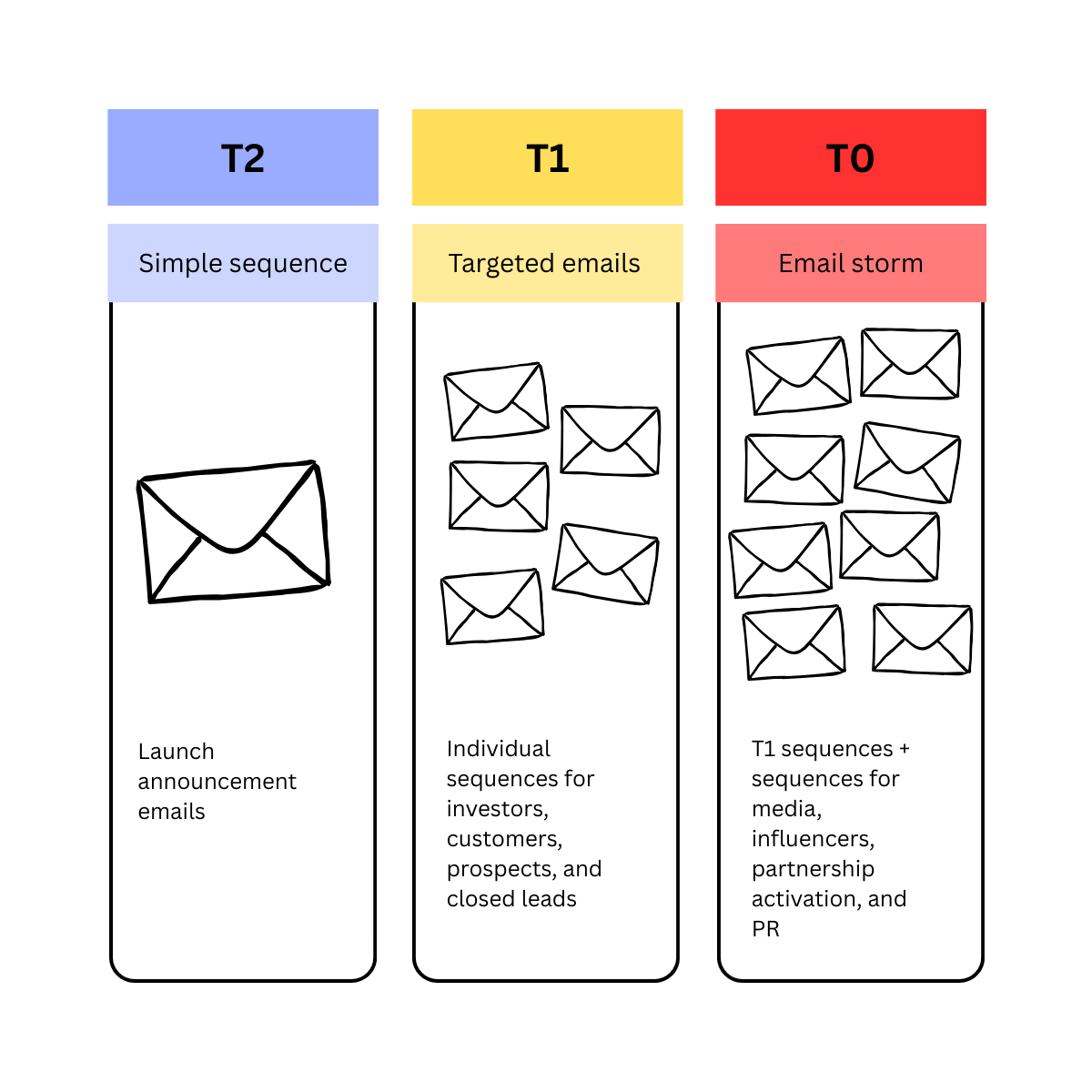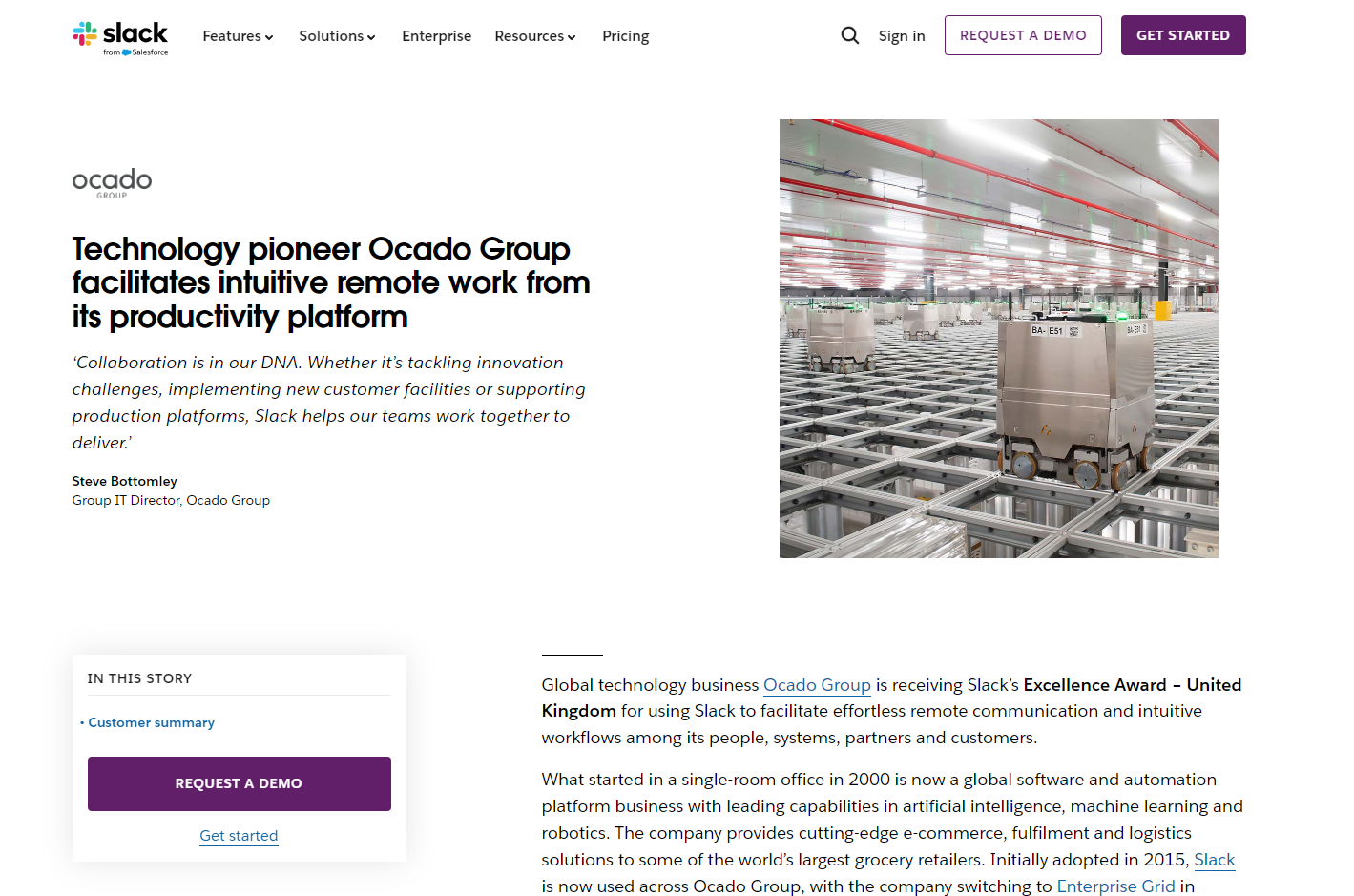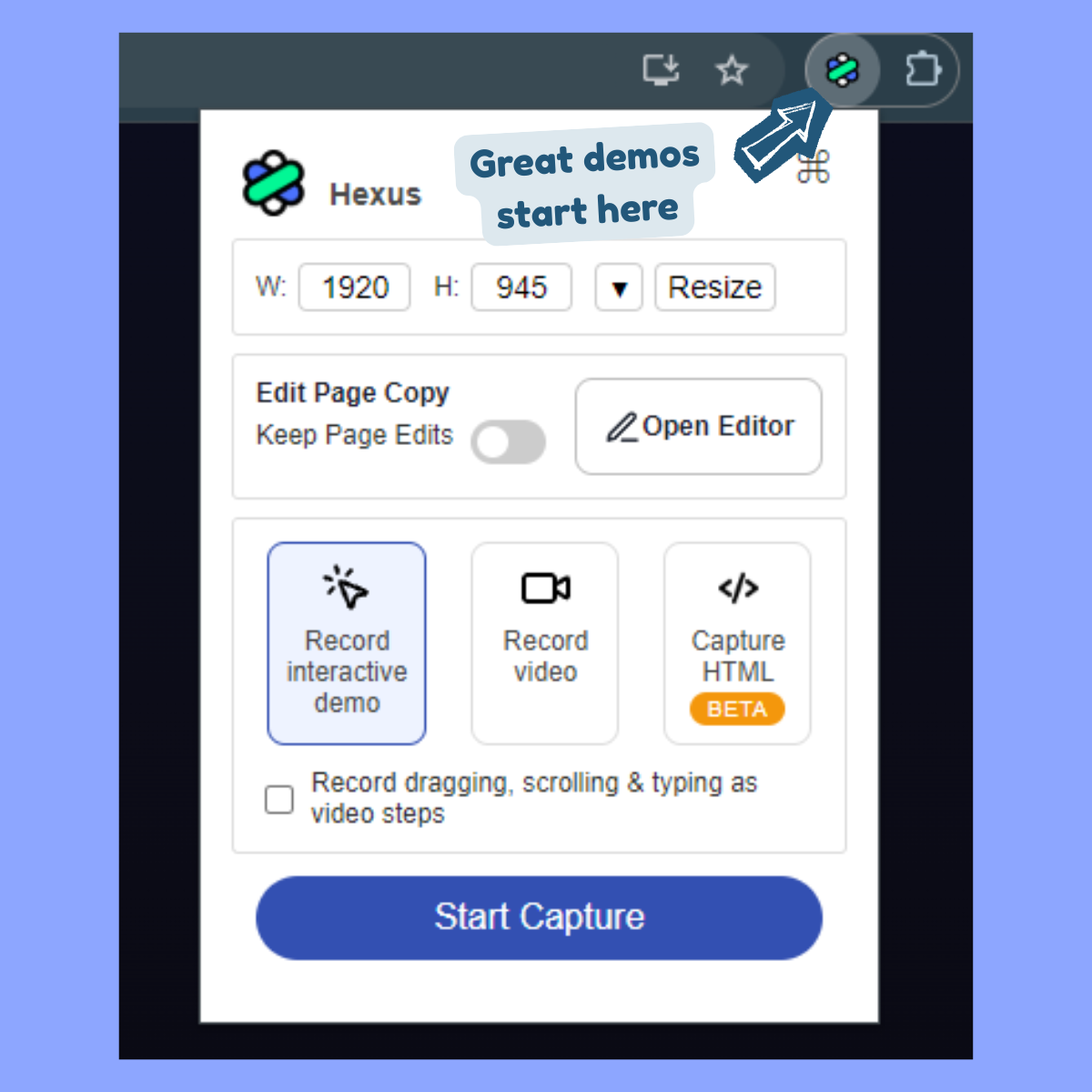Top AI Skills for CS & Enablement Teams | Hexus

In today's highly competitive business landscape, retaining customers has never been more crucial. According to a study by Bain & Company, a 5% increase in customer retention can boost profits by 25% to 95%. One of the key strategies for minimizing customer churn is effective customer enablement - empowering your customers to achieve success with your products and services. And as artificial intelligence (AI) continues to advance, it's becoming an increasingly essential tool for enhancing customer enablement efforts.
A 2022 report by Gartner found that 61% of organizations have already deployed or plan to deploy AI for customer service and support, underscoring the growing importance of AI in the customer enablement space. By mastering the right AI skills, businesses can unlock powerful capabilities to proactively identify at-risk customers, personalize the customer experience, and streamline enablement workflows - all with the goal of reducing churn and driving long-term customer loyalty.
Here are the top 7 AI skills you need to master for churn-minimizing customer enablement:
Predictive Analytics
Leverage AI-powered predictive analytics to identify customers at risk of churn before it happens. Use machine learning models to analyze customer data from various sources, such as purchase history, support interactions, and product usage. This allows you to spot early warning signs of potential churn, such as declining engagement, reduced product utilization, or an increase in support tickets.
By getting ahead of the churn curve, you can proactively reach out to at-risk customers, understand the root causes of their dissatisfaction, and take swift action to address their needs. This could involve offering personalized product recommendations, providing additional training and resources, or even negotiating retention incentives. According to a study by McKinsey, companies that use predictive analytics to anticipate and address customer churn can reduce their churn rates by 10-20%.
Personalized Recommendations
Employ AI recommendation engines to provide each customer with tailored product suggestions, educational content, and support resources based on their unique preferences and behaviors. This hyper-personalization enhances the customer experience and boosts engagement, which are key factors in reducing churn.
By analyzing customer data such as purchase history, browsing behavior, and product interactions, AI can identify patterns and deliver personalized recommendations that are highly relevant to each individual. This not only helps customers discover new products and features that align with their needs but also ensures they're getting the most value from your offerings.
A study by Accenture found that 91% of customers are more likely to shop with brands that recognize, remember, and provide relevant offers and recommendations. By leveraging AI to deliver this level of personalization, you can create a more engaging and sticky customer experience that keeps them coming back.
Intelligent Chatbots
Integrate conversational AI chatbots into your customer enablement workflows to provide 24/7 assistance. These AI assistants can handle common queries, escalate complex issues to human agents, and even offer proactive guidance to customers.
Chatbots powered by natural language processing (NLP) and machine learning can understand customer intent, access relevant information, and provide quick, accurate responses - all without the need for human intervention. This allows your customer success team to focus on more complex, high-touch issues while ensuring customers can get the support they need at any time.
Moreover, chatbots can gather valuable customer data and insights that can be used to further enhance the customer experience. According to a study by Juniper Research, the use of chatbots is expected to deliver cost savings of over $8 billion per year by 2022 - a testament to their efficiency and effectiveness in customer enablement.
Sentiment Analysis
Leverage natural language processing (NLP) techniques to analyze customer sentiment across various touchpoints, from support tickets to product reviews. This allows you to quickly identify and address customer pain points before they lead to churn.
By parsing the language and tone of customer interactions, AI-powered sentiment analysis can detect positive, negative, or neutral emotions. This gives you a real-time pulse on how your customers are feeling about your products, services, and overall brand experience.
Armed with this insight, you can proactively reach out to customers expressing dissatisfaction, address their concerns, and implement changes to prevent further churn. According to a study by Accenture, companies that use sentiment analysis to improve their customer experience see a 10-15% increase in revenue.
Predictive Lead Scoring
Use AI to analyze lead data and predict the likelihood of a prospect becoming a customer. This empowers your sales and customer success teams to focus their efforts on the most promising leads, improving conversion rates and reducing churn down the line.
By examining factors such as demographic information, browsing behavior, engagement with marketing content, and past purchase history, AI models can assign a "churn risk score" to each lead. This allows you to prioritize leads with a higher predicted lifetime value and lower churn risk, ensuring your resources are allocated to the most profitable customer segments.
A study by Forrester found that companies that use predictive lead scoring see a 25% increase in lead conversion rates and a 10% increase in marketing-influenced revenue. By applying these AI-powered insights to your customer enablement efforts, you can build a stronger, more loyal customer base from the start.
Conversational Intelligence
Equip your customer-facing teams with AI-powered conversational intelligence tools that analyze customer interactions and provide real-time coaching and insights. This helps your agents deliver more personalized, empathetic, and effective support, which is crucial for reducing churn.
These AI systems can transcribe, analyze, and provide real-time feedback on customer conversations, highlighting areas for improvement, such as tone, product knowledge, and resolution time. This allows your agents to continuously enhance their skills and deliver a more positive, consistent customer experience.
Furthermore, conversational intelligence can uncover valuable customer insights, such as common pain points, product feedback, and preferred communication styles. Armed with this knowledge, your customer success team can proactively address issues, personalize their approach, and foster stronger, more loyal customer relationships.
According to a study by Deloitte, companies that invest in conversational intelligence see a 20-40% improvement in first-call resolution rates and a 10-15% increase in customer satisfaction.
Automated Workflows
Streamline your customer enablement processes by automating repetitive tasks and workflows with AI. From onboarding new customers to proactively reaching out with product updates, AI can help your team work more efficiently and consistently.
By integrating AI into your customer enablement processes, you can eliminate manual, time-consuming tasks, such as data entry, scheduling, and basic troubleshooting. This frees up your team to focus on more strategic, high-value activities that drive customer success and reduce churn.
Moreover, AI can help you standardize and scale your customer enablement efforts, ensuring a consistent experience across all touchpoints. This could include automating the creation of personalized onboarding materials, triggering proactive outreach based on predefined customer milestones, or routing support tickets to the appropriate team members.
By mastering these 7 AI skills, you can elevate your customer enablement efforts and significantly reduce churn, ultimately driving long-term business success. Stay ahead of the curve and start leveraging the power of AI for your customer-centric initiatives today.





.png)

.png)